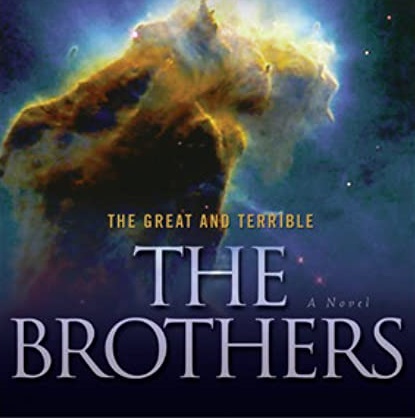Category: Liberal Arts
-
Notes on Book of Mormon Philology. IIIc. The source structure of the Book of Mormon
If you trace the history of a text from earlier manuscripts to later ones, it’s not unusual for the text to be extended in various ways.
-

A Lake of Fire and the Problem of Evil
I remember talking to an atheist on the riverfront walk in Dubuque, Iowa one day while serving my mission. He told my companion and me that he couldn’t believe in God after some of the things he had seen, and went on to describe (in a fair amount of gruesome detail) visiting a Catholic church…
-

Notes on Book of Mormon Philology. IIIb note 1. A note on the uniformity of the Golden Plates
Mark Ashurst-McGee asks about the uniformity of the Golden Plates in eyewitness accounts, even though they contain both Mormon’s abridgement and Nephi’s small plates, and this is in fact genuinely weird.
-
Notes on Book of Mormon Philology. IIIa. Nephite literacy
Unless someone gets lucky with a spade or a metal detector, the full extent of Mormon’s sources will remain unknown. To keep even tentative answers on the side of plausibility rather than fantasy, how we think about Mormon’s sources should be informed by any information we have about Nephite literacy and textual culture.
-
Notes on Book of Mormon philology. II. What did Mormon know?
The logical place for a philological approach to the Book of Mormon to begin is with Mormon, its eponymous editor, and his sources. How much did Mormon know about the Nephites, and what kind of records did he have to work with?
-
Notes on Book of Mormon philology. The philological instinct
When I look at recent studies of the Book of Mormon, the biggest deficit I see is the lack of instinct for philology.
-

Quodlibet: Vaccination
Whereas disease, as now with COVID-19, causes death to many and harm to many more, and worsens poverty and hunger even among those it does not strike directly, and causes fear in those who await infection and its consequences, and inflicts sorrow and grief on those who lose family and beloved friends; while Jesus, in…
-
How Should LDS Christians Give to Charity?
It’s a heart wrenching decision. A beggar asks you for money. You remember the words of King Benjamin: “Ye will not suffer that the beggar putteth up his petition to you in vain.”[1] You also remember Christ’s commandment to feed the hungry, take in the stranger, and clothe the naked.[2] At the same time, you…
-
Is it a Sin to Binge Watch Netflix?
We all know that the defining sin of the Nephites was pride. But what about the defining sin of the Lamanites? From the very beginning of the Book of Mormon, Nephi focuses on one particular vice. “[A]fter they had dwindled in unbelief” the Lamanites became “full of idleness and all manner of abominations.”[1] He later…
-
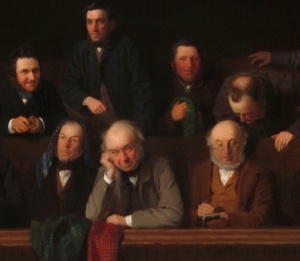
Voir dire
Voir dire, from Norman French, is pronounced “jury selection” by normal people, but I had always stayed one step ahead of the law and never seen it first hand.
-
Remembering Clark Goble
This hit my inbox this afternoon: In case you hadn’t heard, Clark Goble just passed away from a stroke.
-

Muslim-Mormon Dialogue at Georgetown: The Perks of Being Peculiar
I know that I am a better Mormon on account of Muslim friends and hope that they will be able to say the same of me.
-
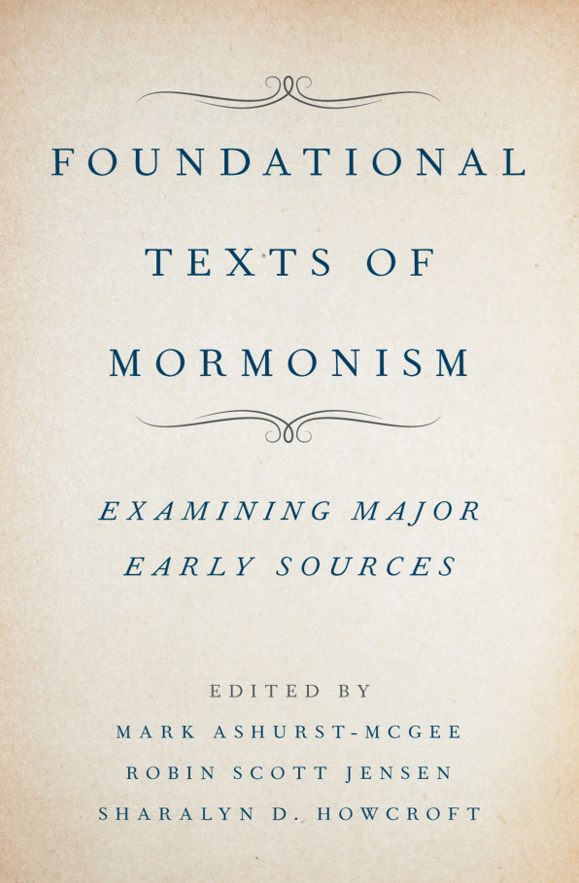
Review: Foundational Texts of Mormonism
Here’s the shortest review possible. If you’re even moderately interested in Church history or theology or even just in close reading of scripture you should get Foundational Texts of Mormonism. If it’s not already in your library, ask for it for Christmas.
-
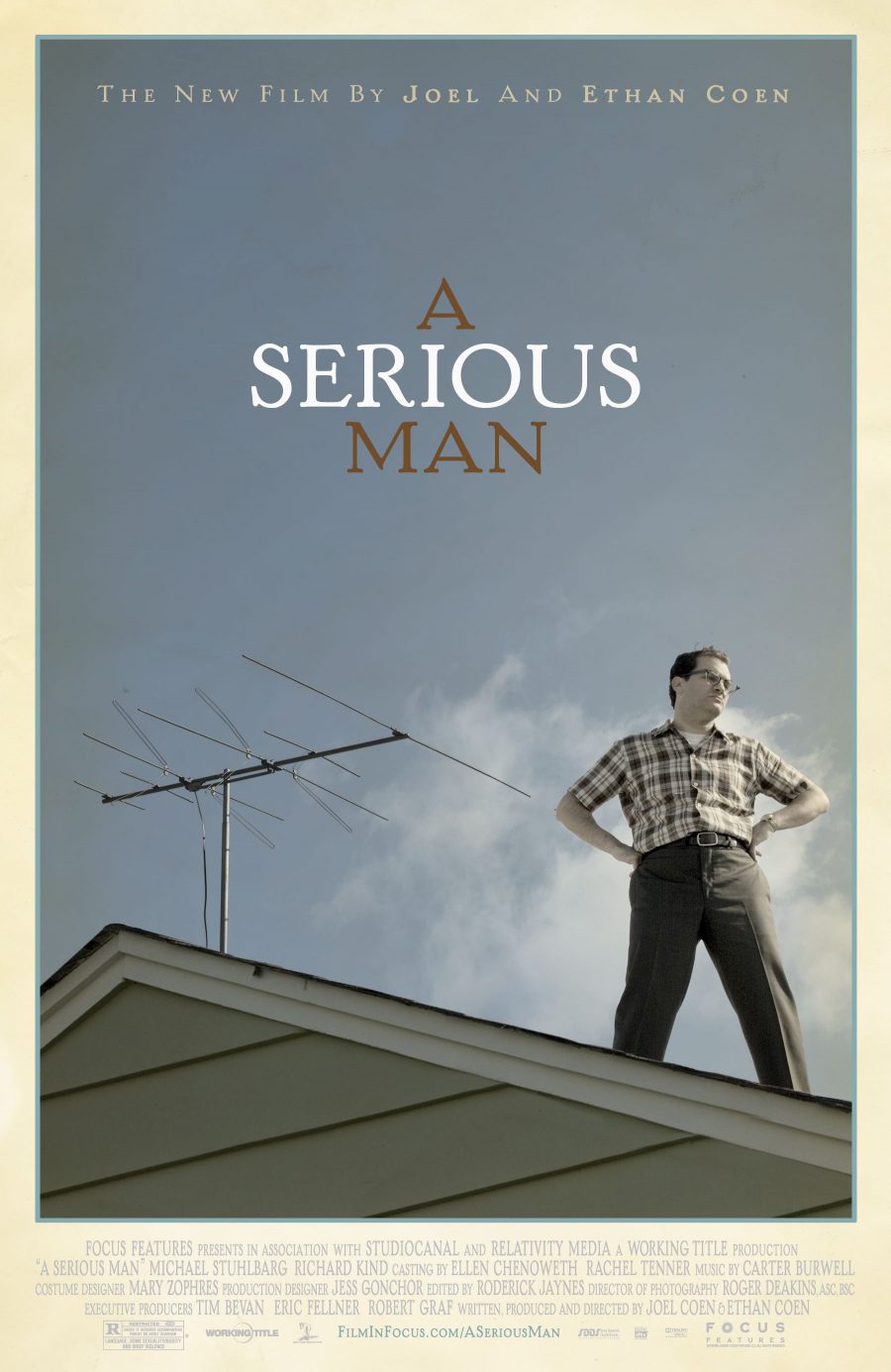
Trials, Tribulations, and a Movie: An LDS-themed Discussion of the Coen Brothers’ A SERIOUS MAN
A well-known axiom in both life and storytelling states that the matters we find most personal are also the most universal. Whether it’s film, literature, or some other medium, stories with the most specific and distinctive settings and points of view are usually those an audience will find most relatable. In the words of Robert…
-
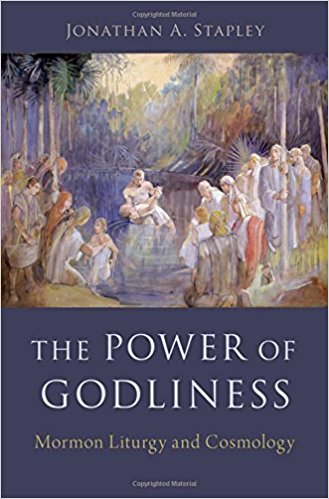
Review Essay: “The Power of Godliness: Mormon Liturgy and Cosmology”: Materiality and Performance
Like a paring knife to a grapefruit, Jonathan Stapley’s new book on the history of Mormon cosmology is slim, sharp, and swift to carve through pith, serving up elegant wedges of history. The Power of Godliness: Mormon Liturgy and Cosmology (Oxford, 2018) traces the evolution of ritual practice in Mormonism, including priesthood ordination, sealing rites,…
-
Defiantly Turning the Other Cheek
On Twitter last week in the aftermath of the whole Porter situation someone mentioned the issue of turning the other cheek. Now first off I don’t think in any legitimate interpretation of turning the cheek it means submitting to abuse particularly spousal abuse. I know there is sadly a strong thread in the Jewish, Christian,…
-

Future Mormon Reading Chapter 1
This is the inaugural reading club for Adam Miller’s Future Mormon. For general links related to the book along with links to each reading chapter please go to our overview page. We’ll try roughly each week to deal with a new chapter. The first part will be a brief summary of the arguments and assumptions.…
-
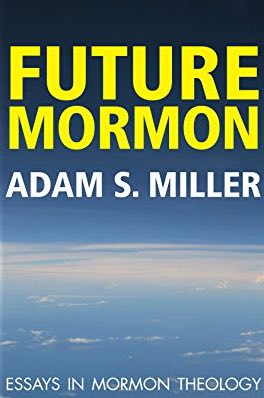
Future Mormon Reading Club
The person who probably comes closest to my own views on many matters is Adam Miller. Back in the heyday of LDS-Herm we had tons of fantastic discussions on theology and philosophy. Ever since Adam’s last book came out I’ve wanted to do a reading club on it but just hadn’t had the time. One…
-
Mormon Knowing
When I first got invited to blog I had several topics I was really excited about. Then life came at me fast and most of those projects fell between the cracks. What I want to do is return to them but cut to the chase a little more swiftly. I’ve talked about knowledge quite a…
-
“Neither Shall There Be Any More Pain”: Trials and Their Purpose
This is a talk I gave in sacrament meeting on March 12, 2017. The topic was “Trials and Their Purpose.” I appreciate the thoughts and words of [the previous speakers]. I hope that you all can find some solace in our various messages, even if the answers are a bit incomplete. The purpose of trials—or…
-
Can Mercy Rob Justice?
We’re all familiar with Alma 42 and the notion that mercy can’t rob justice. I was reading this today at church and was struck by a context that often doesn’t get mentioned. In the ancient world relationships often determined actions. This meant special treatment for friends and especially relations. In Greek philosophy and plays you…
-
Can Private Experience Ground Knowledge?
I’ve neglected my posts on epistemology the past couple of months due to being busy. While I want to get back to them let me first take a bit of a side trip. Fundamentally more than anything else the big divide within the question of religious knowing is to what degree private experiences can ground…
-
Promoting vs. Honoring
If I might be allowed an overly broad generalization, it often seems like political action is locked between two main views. In the past I’ve often called it the Kantian versus the Utilitarian.[1] That’s not entirely fair. Perhaps a better way of putting it is that we have a tension between promoting values versus honoring…
-
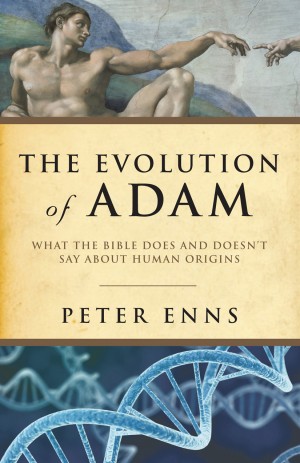
The Evolution of Adam
That’s a book by Christian scholar Peter Enns: The Evolution of Adam: What the Bible Does and Doesn’t Say About Human Origins (BrazosPress, 2012). The arguments in the book are directed at Evangelicals, but Mormons can quite profitably read along as well. Given that the LDS Church has “no official position on the theory of…
-
The Misguided Quest for a Common Moral Framework
The Mormon Newsroom just posted a new think-y piece titled “The Quest for a Common Moral Framework.” A few years back the Newsroom posted a number of these reflective essays, such as “Approaching Mormon Doctrine“, but not so much recently. So this one is worth taking a look at. It seems like a spinoff from…
-
The Conflict of Theological Innovation
Theology has an odd place in LDS thought. Early on there was a rather positive view of theology. Lectures on Faith, then part of the Doctrine and Covenants, praised the idea of theology calling it: …that revealed science which treats of the being and attributes of God, his relations to us, the dispensations of his providence, his…

